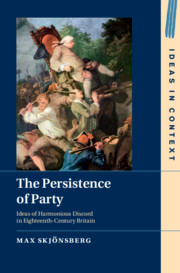Henry David Thoreau and Frances E. W. Harper offer a historical model for the public humanities grounded in racial justice and moral education. For both Thoreau and Harper, the “public practice of humanity” that Thoreau identifies in “A Plea for Captain John Brown” inescapably means taking the side of justice, creating a “liberation humanities” that is analogous to the “preferential option for the poor” in twentieth-century theologies of liberation. Both authors use a mix of theologically informed moral reasoning and wit and irony to further the cause of justice, and both are concerned with the ways in which literary form and public advocacy can coalesce.
